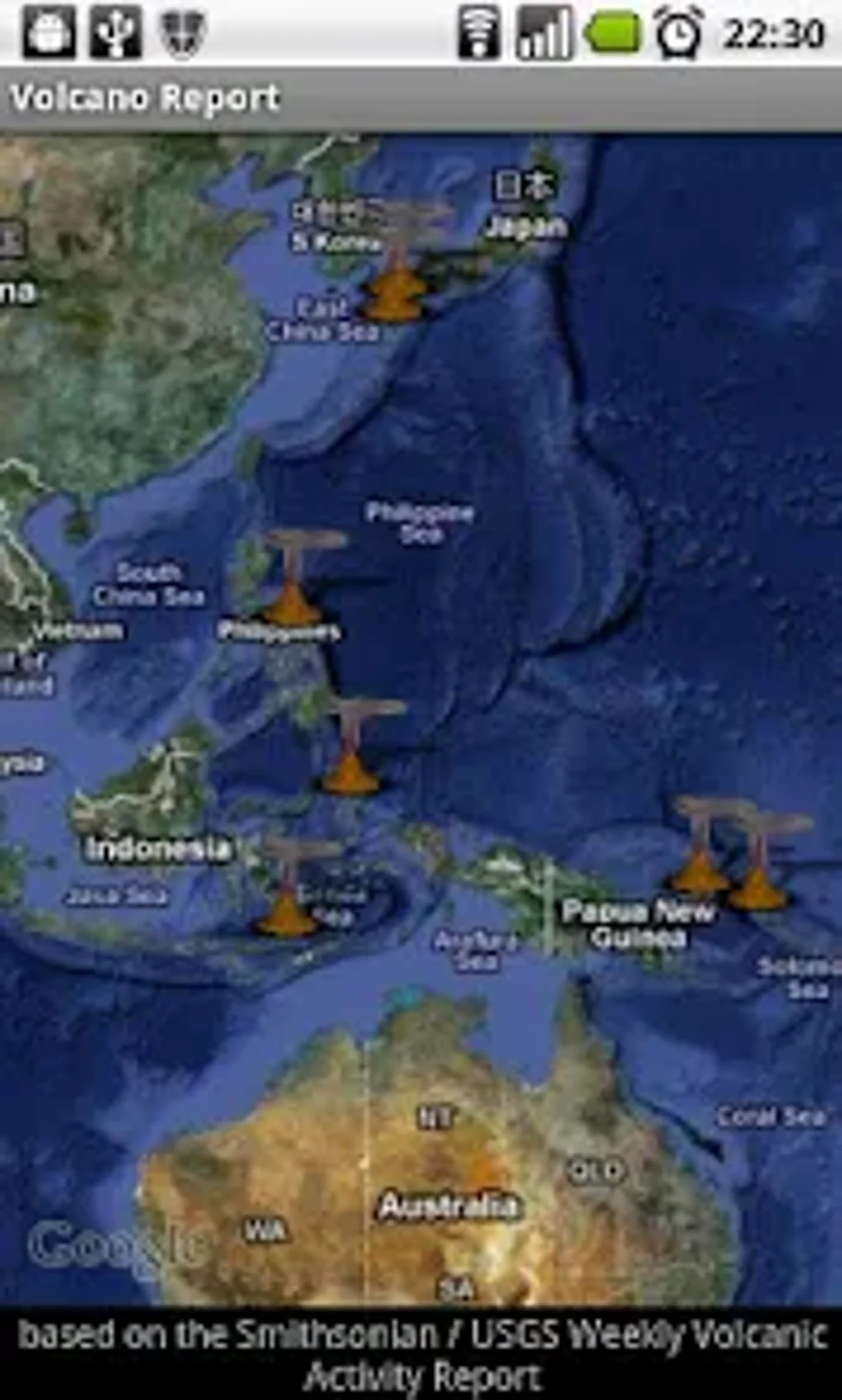Volcanoes have always been both fascinating and terrifying natural phenomena. They remind us of the raw power that lies beneath the Earth's surface, capable of reshaping landscapes and altering lives in an instant. The recent seismic activity around the world has sparked concerns about potential volcanic eruptions, with one particular event drawing significant attention.
In central Chile, a series of 160 earthquakes over just two hours at the Laguna del Maule volcanic field has put authorities on high alert. This seismic swarm, while mostly low magnitude, raises questions about the stability of the region and the possibility of a major eruption. As scientists monitor the situation closely, communities nearby are bracing for any potential developments. Let's delve deeper into what these events mean and how they might impact the area.
Seismic Activity and Its Implications
The occurrence of 160 earthquakes within a short span highlights the significance of seismic monitoring in predicting volcanic activity. Although the quakes were of low magnitude, their frequency suggests underlying geological processes that could lead to more significant events. Seismic swarms like this often precede volcanic eruptions, making them crucial indicators for scientists studying such phenomena.
Chile's National Geology and Mining Service (Sernageomin) has maintained a green alert status, indicating no immediate danger. However, this does not rule out the possibility of heightened activity in the future. Continuous monitoring is essential to understand the dynamics of the Laguna del Maule volcanic field better and ensure timely warnings if conditions change.
Understanding seismic patterns helps researchers anticipate potential hazards, allowing for proactive measures to protect local populations. By analyzing data from previous events, experts can refine models and improve prediction accuracy, ultimately enhancing public safety.
Historical Context: Lessons from Past Events
Looking back at historical earthquakes provides valuable insights into current situations. For instance, the 2010 Haiti earthquake was a catastrophic magnitude 7.0 Mw event that caused widespread devastation. Similarly, the 2025 M 7.7 Mandalay earthquake in Burma underscores the importance of preparedness and response strategies in earthquake-prone regions.
These examples demonstrate the critical role played by organizations like the U.S. Geological Survey (USGS) in providing vital information during emergencies. Their tools and resources help assess ground failure risks and guide evacuation plans effectively. Such comprehensive approaches are indispensable when dealing with unpredictable natural disasters.
Learning from past incidents enables better planning and mitigation efforts worldwide. It emphasizes the need for robust infrastructure, effective communication systems, and community education programs to minimize loss of life and property damage during future events.
Tsunami Risks and Preparedness
Beyond direct volcanic or seismic threats, there is also the risk of tsunamis triggered by underwater disturbances. Tsunamis pose severe dangers due to their ability to travel vast distances across oceans before hitting coastal areas unexpectedly. Understanding tsunami alerts and following recommended actions can save countless lives.
Receiving a tsunami alert requires immediate awareness of its implications. Individuals should locate themselves using maps showing evacuation zones and remain vigilant through official updates. Preparedness involves knowing escape routes, having emergency supplies ready, and practicing drills regularly.
New Zealand experienced a magnitude 6.7 quake recently, prompting coastal warnings despite minimal immediate threat. Such instances reinforce the necessity of staying informed and adhering to guidelines provided by authorities. Public cooperation plays a crucial role in ensuring swift responses during crises involving multiple hazards.

